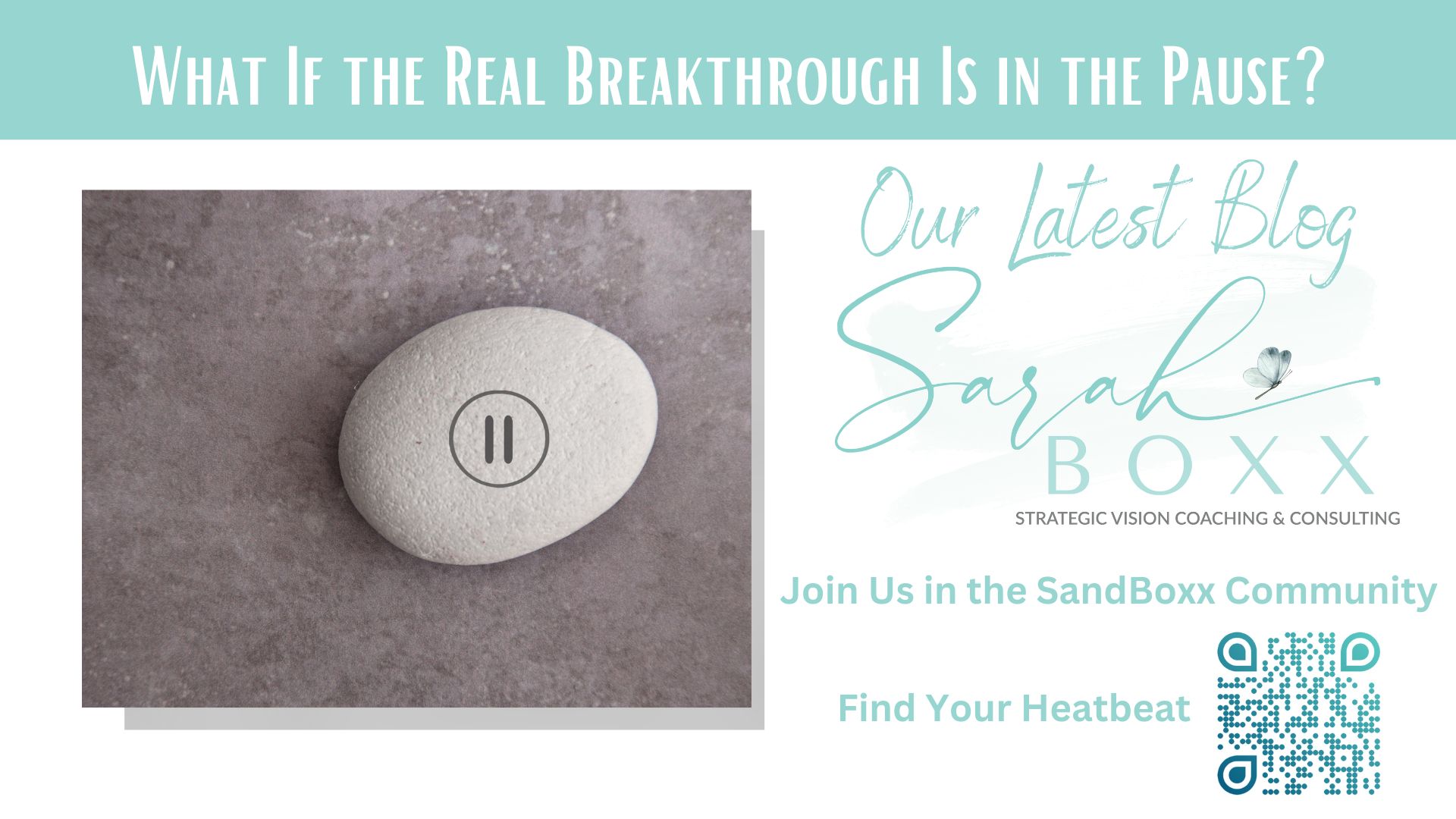What’s your type?
Have you ever been asked this question before? As the Enneagram test has grown in popularity in recent years, discussing “types” is becoming a noteworthy conversation topic in some circles.
The Enneagram is a personality test that divides individuals into nine unique and distinct personality groups, or “types.” Each type is characterized by core fears, desires, strengths and weaknesses that are shared amongst members of the group.
The Enneagram types gives us a framework for understanding people (and ourselves) more deeply. While this provides excellent foundational knowledge, it is by no means a predicative script outlining exactly how each person will always behave.
Here’s what I mean: Although members of a particular type have many shared attributes, these characteristics can be lived out in different ways. In other words, you may meet two “Type Three” individuals who seem very different from each other. Their core desires and fears are likely the same, but the way it manifests in the practical realities of daily life are as unique as the individuals themselves.
But what are the shared characteristics that make up each type? (I know, that’s really what you’ve come here to learn.)
Let’s talk about them!
Type 1: Principled Reformer
Also known as the Moral Perfectionist, Type 1’s desire deeply to be good, moral, upright, and ethical in all of their actions. They are likely to agonize over decisions, seeking to find the highest good. On the flip side, they fear making wrong or bad decisions and their mistakes can eat away at them.
Core longing: You are good.
Type 2: Nurturing Supporter
Ah, the helper. Type 2’s are quick to lend a hand or offer support to pretty much anybody. This comes from a core desire to feel loved, wanted, and appreciated. They derive purpose and value from their ability to make a difference in the lives of others. Sometimes this giving is truly pure and selfless, other times it can be to their own detriment, causing these individuals to overextend themselves or burnout.
Core longing: You are wanted.
Type 3: Admirable Achiever
These are the go-getters. Type 3’s tend to be highly accomplished individuals who are motivated by a desire for success and admiration. They deeply fear failure and struggle with failure and may push themselves to achieve at a high level to make up for feelings of incompetency in other areas of life.
Core longing: You are loved for simply being you.
Type 4: Introspective Individualist
Type 4’s desire to be unique, special, and significant. They fear being “just like everyone else” and often seek out unique ways to express their individuality and leave their stamp on the world. These individuals fear their lives become mundane and routine.
Core longing: You are seen for exactly who you are – special and unique.
Type 5: Analytical Investigator
These individuals are deep thinkers. They crave knowledge and understanding of the world around them. At their best, 5’s are innovative, imaginative, and excellent problem solvers. On the flip side, 5’s can struggle with becoming too detached from others.
Core longing: Your needs aren’t a problem.
Type 6: Faithful Guardian
Also called “The Loyalists,” 6’s are deeply loyal to relationships they’ve committed to as well as to the ideological belief systems they’ve chosen to ascribe to. This loyalty is born from their deep desire to maintain a sense of security and stability in their lives and a profound fear of feeling abandoned or without support.
Core longing: You are safe.
Type 7: Enthusiastic Optimist
The phrase, “high on life” comes to mind when describing type 7’s. These individuals crave adventure and find most new experiences exciting. Their natural curiosity paired with their fear of missing out can, at times, make it difficult for 7’s to make discerned commitments in their life.
Core longing: You will be taken care of.
Type 8: Passionate Protector
These confident, strong, and assertive individuals seek first to protect themselves and those closest to them. They often look for opportunities to prove their strength and self-reliance. Type 8’s fear being perceived as weak or powerless.
Core longing: You will not be betrayed.
Type 9: Peaceful Accommodator
If you need a mediator, find a Type 9. These individuals hold a deep fear and distaste of conflict and will go to great lengths to avoid it. As a result, they are natural peacekeepers and tend to excel in bringing people together.
Core longing: Your presence matters.
As you read through these options, you may find one or two that jump out to you and feel familiar. You may find yourself thinking, “That sounds like me.” or “That sounds like my friend.”
As tempting as it is, I implore you to resist the urge to type yourself, or perhaps more importantly, other people.
There are nuances to each type that truly can be difficult to decipher simply by reading brief descriptions. If you are interested in learning what your Enneagram type maybe, I’d encourage you to take this free Enneagram assessment.
Once you’ve been given your type, it’s important to assess (or test) your results. Does your type truly fit? If you’d like some support in further unpacking the Enneagram assessment and how you can put your results to good use, hop on an Enneagram Debriefing Call with me and we’ll unpack this together!
Article was contributed by: Maria Lees, Team Writer with Sarah Boxx




